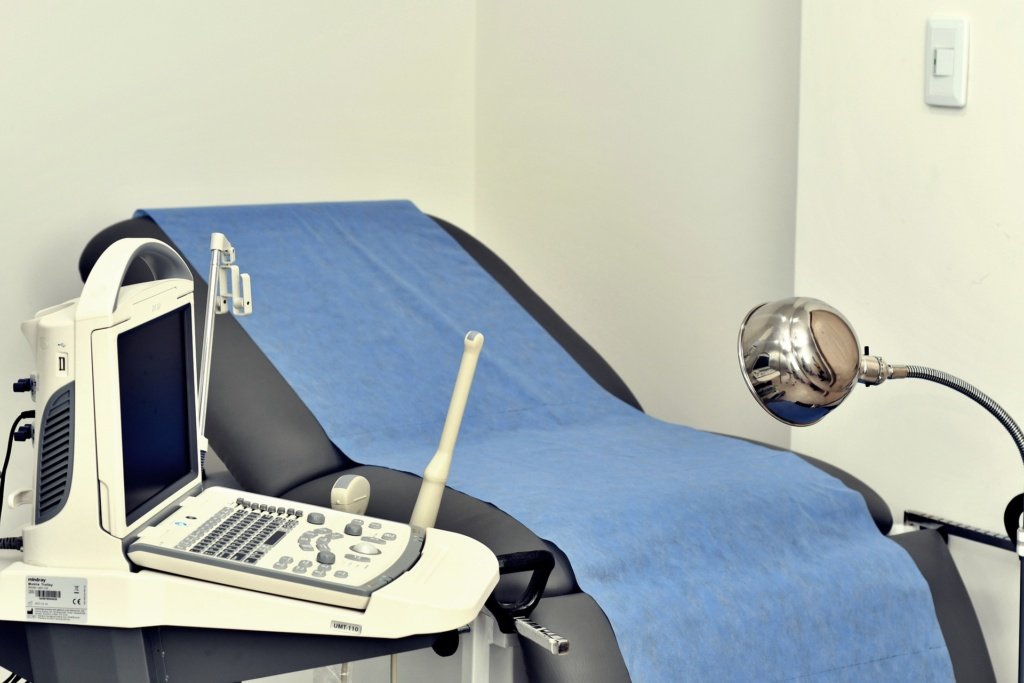
What is Cervical Cancer?
Cervical cancer is a cancer that’s found anywhere in the cervix.
The cervix is the opening between the vagina and the womb (uterus).
It’s part of the reproductive system and is sometimes called the neck of the womb.
Nearly all cervical cancers are caused by an infection from certain types of human papillomavirus (HPV).
It can often be prevented by attending cervical screening, which aims to find and treat changes to cells before they turn into cancer.
Cervical cancer usually grows very slowly. How serious it is depends on how big it is, if it has spread and your general health.
Symptoms of Cervical Cancer
Symptoms of cervical cancer include:
- vaginal bleeding that’s unusual for you – including bleeding during or after sex, between your periods or after the menopause, or having heavier periods than usual
- changes to your vaginal discharge
- pain during sex
- pain in your lower back, between your hip bones (pelvis), or in your lower tummy
If you have another condition like fibroids or endometriosis, you may get symptoms like these regularly.
You might find you get used to them. But it’s important to be checked by a GP if your symptoms change, get worse, or do not feel normal for you.
How to detect Cervical Cancer
If you have abnormal cells in your cervix, which could mean you have cervical cancer, you’ll usually be referred for a test to have a closer look at your cervix. This is called a colposcopy.
You’ll be asked to undress from the waist down, behind a screen. You’ll be given a sheet to put over you.
During a colposcopy:
- The specialist nurse or doctor will ask you to lie back on a bed, usually with your legs bent, feet together and knees apart.
- They’ll gently put a smooth, tube-shaped tool (a speculum) into your vagina so they can see your cervix. A small amount of lubricant may be used.
- A microscope with a light at the end is used to look at your cervix. The microscope stays outside your body.
- The nurse or doctor will usually put a liquid on your cervix to show any abnormal areas.
- A small sample of cells (biopsy) may be collected to send to a laboratory.
The test should take around 15 to 30 minutes.
It should not be painful, but you may find it uncomfortable. Talk to the nurse or doctor if you’re feeling uncomfortable.
If you had a biopsy, you may have a small amount of bleeding or cramping afterwards.
The SCS (Canarian Health Service) is screening females of between 25 and 65 years of age.
Incidence and mortality of cervical cancer
The incidence of cervical cancer is the number of new cases of cervical cancer that are diagnosed in a certain period (usually annually) in a specific population.
Cervical cancer is the second most common cancer in women after breast cancer in the world (with an incidence of 604,127 new cases in 2020) and the fourth of all cancers. That same year, a total of 341,831 women died from this tumor worldwide.
There is a great difference in incidence and mortality between more and less developed countries: while in the latter it is the second most frequent tumor, after breast cancer, in developed countries its frequency has drastically decreased in recent decades.
In many third world countries, cervical cancer is the leading cause of cancer mortality among women, even ahead of breast cancer.
Cervical cancer in Spain
In Spain in the year 2020, 1,957 new cases of cervical cancer were diagnosed, which represents approximately 3% of female tumors, placing it in 14th position in incidence, behind breast, colorectal, lung, stomach, and body tumours. uterus, ovary, melanoma, thyroid and hematological.
The incidence in Spain can be considered very low (world adjusted rate in 2020: 5.4 new cases/100,000 inhabitants/year), with a very significant decrease since the 1960s, although it is currently stabilized.
In 2020, there were 814 deaths from this tumor (world adjusted rate in 2020: 1.6 deaths/100,000 inhabitants/year).
Age and frequency of cervical cancer
The median age at diagnosis is 48 years, although approximately 47% of women with invasive cervical carcinoma are diagnosed before the age of 35. Only 10% of diagnoses are made in women older than 65 years. Although it is a tumor typical of the middle ages of life, there is a significant number of cases from the age of 30.
For more information
Visit https://www.cdc.gov/cervical-cancer/index.html
Image by Julio César Velásquez Mejía from Pixabay


